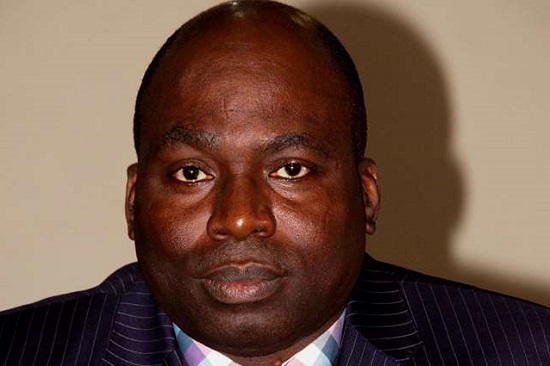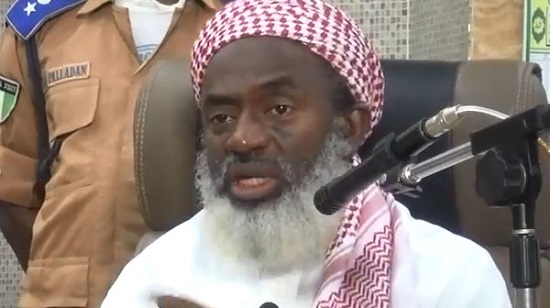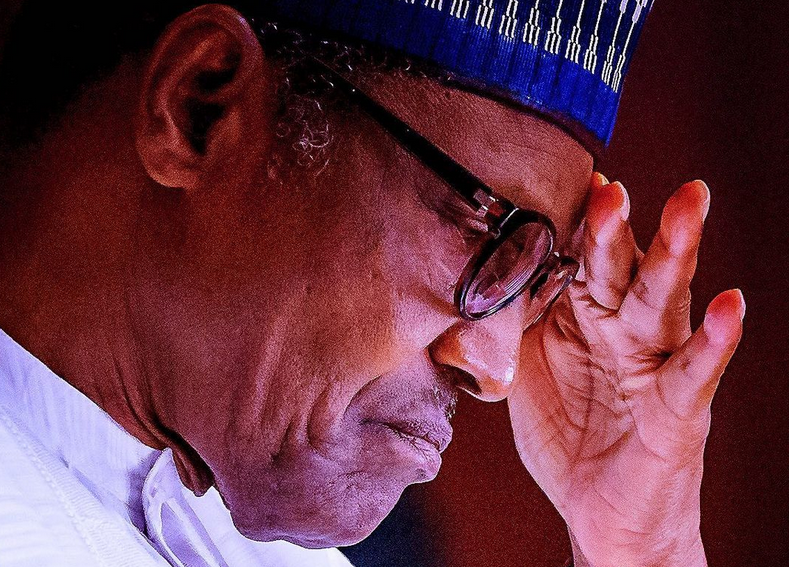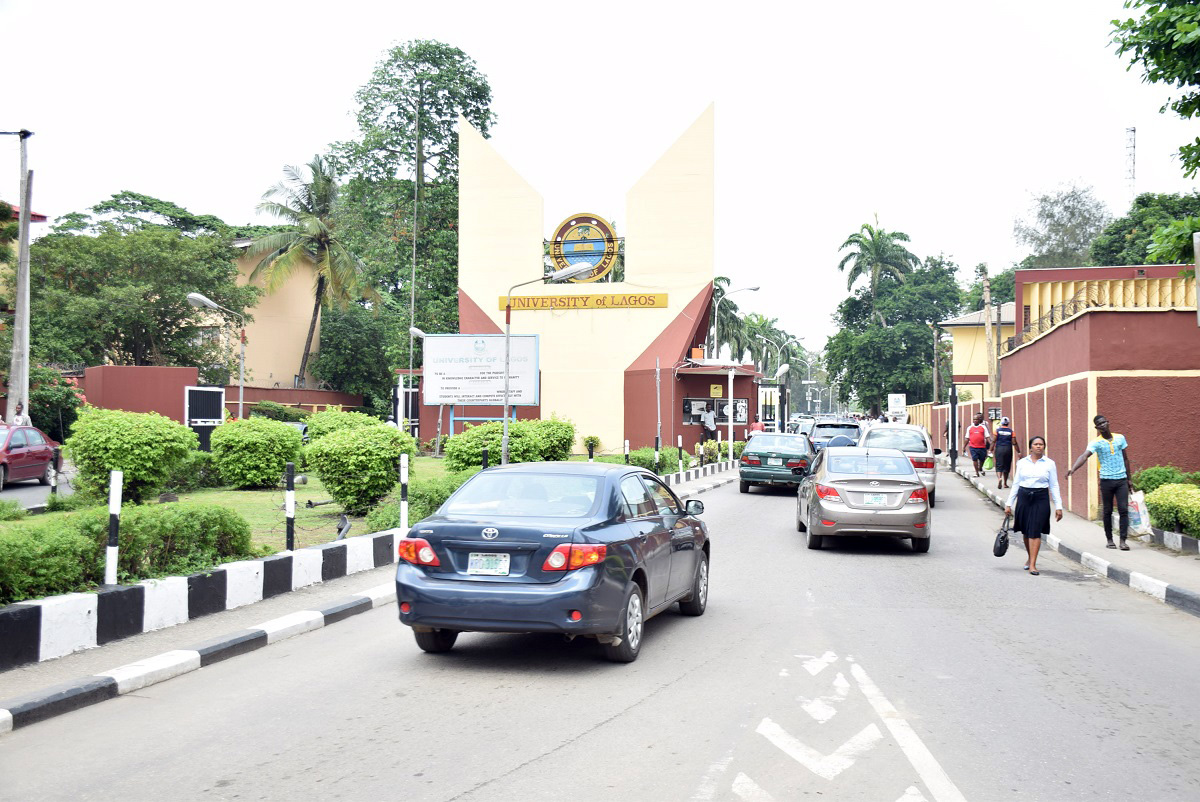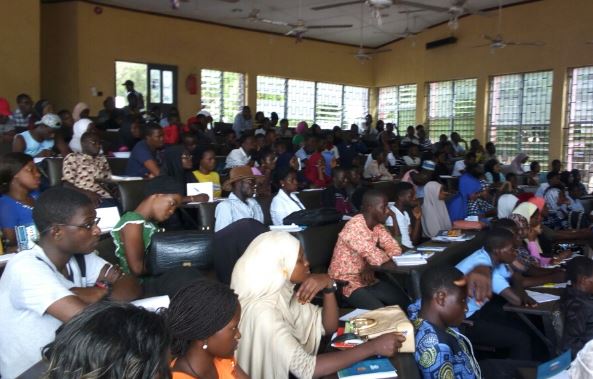BY BASHIR MOHAMMED
When Prof. Bolaji Owasanoye (SAN) was appointed as the Chairman of the Independent Corrupt Practices and Other Related Offences Commission (ICPC) in 2017, there were high expectations from Nigerians that he would bring his expertise to bear in supporting the reform agenda of the President Muhammadu Buhari’s administration on anti-corruption.
Before his appointment as ICPC Boss, Owasanoye was a member/Executive Secretary of the Presidential Advisory Committee Against Corruption.
He was appointed into PACAC by Buhari to promote the reform agenda of the government on the anti-corruption effort as well as advise the government on the prosecution of the war against corruption and the implementation of required reforms in Nigeria’s criminal justice system.
Advertisement
Barely two years in the helms of affairs at one of the foremost anti-corruption fighting agency of government, the ICPC Boss has been able to demonstrate that he has the competence to assist the government in ridding the public sector of corrupt practices.
Coming to the ICPC with a lot of expertise in the fight against corruption, he quickly swung into action to tackle the issue of corruption that has almost made the Nigeria’s public sector to become inefficient.
In line with its statutory mandate, the ICPC under Owasanoye has been conducting systems study and review of ministries and organisations in the federal public service. The overall objective of a system review is reform of the systems and procedures of public agencies with a view to identifying and eliminating, preventing, blocking and obstructing opportunities for corruption.
Advertisement
To achieve this, the exercise targets detecting areas of vulnerabilities, actual weaknesses, leakages and corruption risks and to recommend ways of strengthening these systems and removing the discretionary gaps and such opportunities for both individual and institutional malfeasance on public resources.
In addition, the review also targets shoring up public resources for government and make them available for utilisation in delivering good governance and the dividends of the country’s democratic processes.
Often time, these system study review leads to full blown investigation of egregious anomalies or enforcement measures like asset recovery and prosecution.
For instance, in 2019, the ICPC reviewed 208 agencies of government that are funded from the Federal Treasury and came up with outstanding results which included discovery of N31.8bn personnel cost surpluses for 2017 and 2018, and misapplication of N19.8bn and N9.2bn from Personnel Cost and Capital Fund respectively.
Advertisement
Consequent on these findings, N42bn unspent surplus allocations for Personnel Cost for 2019 alone was blocked from possible abuse and pilfering mostly from health and some educational institutions.
In 2020, the ICPC flagged N147bn personnel costs that would have been diverted by government agencies.
Similarly, between 2018 and 2020, the Commission flagged the sum of N220m that some MDAs had diverted from tax and other third party deductions such as union dues.
This brings the total amount which the ICPC has prevented from being diverted under personnel cost by MDAs to N189bn
Advertisement
The implication of this is that if the ICPC had covered the entire civil service structure of all Ministries, Departments and Agencies of Government, the figures would be staggering.
In 2020 the ICPC extended the review with more focus on Health and Education sectors which touched the lives of ordinary citizens and are critical to meeting any of the internationally recognized development goals but is a major headache to budget execution.
Advertisement
In addition, it commenced a review of Educational Institutions indicted in the 2017 Auditor-General’s Annual Audit Report for a wider range of financial infractions.
In December 2019 the Federal Government launched the Open Treasury Portal onto which all payments from N5m and above by MDAs are uploaded for the purpose of transparency and public scrutiny.
Advertisement
Following this launch, the ICPC immediately began studying payment data on the Portal again with focus on educational and health institutions.
While at it, the issue of payments of feeding allowance to federal unity secondary schools was thrown up and it had to carry out further investigations on expenditure on meal subsidy releases that remained constant despite the lockdown during which schools were closed and students away at home.
Advertisement
In response to its findings, The Federal Government decided to set up the Transparency Portal Quality Assurance and Compliance Committee with ICPC as a member.
The Committee scrutinized payments on the portal and periodically sends lists of agencies with serious infraction for further review and sometimes investigation and enforcement action.
In the spirit of collaboration it reported back its findings on cases of fraud or unaccounted but despite confronting erring ministries and MDAs with federal circulars prohibiting these activities, the infractions continue.
This development had made it compelling for stronger measures to be put in place on the part of government and anti-corruption agencies.
Speaking on the development, the Chairman of the Independent Corrupt Practices and Other-Related Offences Commission, Prof. Bolaji Owasanoye (SAN) said so far, the Commission has uncovered massive financial irregularities in the operations of 51 Federal Government health institutions in the country.
He said the need to focus on health and education sectors was because the sectors touched the lives of ordinary citizens and are critical to meeting any of the internationally recognized development goals.
Based on the review, he said these agencies have become a major headache to budget execution as the ICPC discovered padding of nominal rolls including inclusion of outsourced staff; warrant releases in excess of actual personnel cost needs; inadequate budgetary overhead allocation; and inadequate or non-budgetary allocation for outsourced services.
Owasanoye also said there was widespread misuse of personnel cost allocation on non-personnel related expenditure especially on outsourced services (N4.5bn); unspent excess balances despite abuses and misuse (N4.86bn); fraudulent diversion by role players of funds through manipulation of account numbers of beneficiaries on the GIFMIS Platform.
The ICPC Boss also said there were also the issues of REMITA payment system not allowing for the matching of account numbers with account names and thus making fraud easy; inordinate balance staffing levels between Teaching Hospitals and Federal Medical Centres.
He said the ICPC discovered the payment of advances beyond approved limit of N200,000 to individuals’ accounts; advances for projects paid into project accountants’ personal accounts with commercial banks; and payments to individual staff/accountants for disbursement to ad-hoc employees/outsourced services and other employees
The ICPC Boss explained that there was payment to project officers/accountants to pay casual/onsite employees who are employed for short periods and cannot be registered on the platform; while cash was made for staff Duty Tour Allowance, Transport, collation of results and the like for personnel of paramilitary services under the Ministry of Interior for promotion exercise.
To address these challenges, he called on the Federal Government to stop the late release of budgetary allocation especially at the end of the year to check fraud and corrupt practices by Ministries Departments and Agencies of government.
He said that the practice where funds are released at the end of the year for execution of projects raises opportunity for frenzied expenditure, circumvention of procedure, fraud and corruption.
Over the years, the Federal Government due to the delay in passing the budget had always resorted to late release of fund to MDAs as a measure to increase the rate of budget implementation.
For instance, in the 2020 budget, the Federal Government had extended the timeline for the execution of capital project till March 31, 2021 as opposed to the December 31 budget cycle.
The extension was done after the Minister of Finance, Zainab Ahmed had written to the parliament, seeking extension of the timeline.
But speaking on the development, the ICPC Boss said the appropriated funds should be released in time to allow for strict compliance with procurement procedure, adding that when this cannot be achieved, the fund should be deferred till the following fiscal year as government is a continuum.
He said, “MDAs should be advised to issue financial reports on time to enable completion of annual audit and publishing of result on time. Sanctions should be introduced for inordinate delays.
“Government should avoid late releases of budget allocation, especially at the end of the year as the practice raises opportunity for frenzied expenditure, circumvention of procedure, fraud and corruption.
“Appropriated funds should be released in time to allow for strict compliance with procurement procedure, otherwise deferred till following fiscal year as government is a continuum.”
He also recommended that unspent balances should be blocked and restrained/reversed immediately salaries are paid to prevent misuse.
The ICPC Boss also said there is need to prevent unauthorised editing of payroll information data on the Government Integrated Financial Management Information System platform for MDAs until after payment has been concluded by granting them view-only status.
He added that prevention of inflation of nominal rolls by MDAs for the 2021 Budget and beyond was vital to eliminate surplus allocation and releases, and other resultant infractions.
He called on the Federal Government to withdraw MDAs’ access to non-regular, pension and National Housing Insurance Scheme lines on GIFMIS and restrict same to IPPIS staff.
To eliminate fraudulent payments, Owasanoye called on the Federal Government to direct the application of the Bank Verification Number as a requirement in populating the Personnel Cost Budget Template and IPPIS data
He also urged the government to carry out a reform of the REMITA payment system to provide matching of account name with number for all payments.
He said banks should be directed to ensure that account names and numbers match before completing payment.
In the area of personnel, he advised that a staff audit should be conducted especially for educational and health institutions in order to establish actual staffing and staffing needs based on volume of work and appropriately right-size for cost efficiency.
He added that MDAs should be advised to issue financial reports on time to enable completion of annual audit and publishing of result on time, noting that sanctions should be introduced for inordinate delays.
He said, “The infractions established constitute the risks and building blocks for the inefficient public expenditure and pervasive corruption that bedevil our public finance.
“The continuity of these infractions challenges our professed political will to deal with impunity characterised by disobedience of laws and regulations.
“This is an existential threat to the nation and it has already negatively impacted stability and development because funds appropriated for major infrastructure and development projects are simply diverted or mismanaged the same way thus diminishing the hope of the people and the plans and programs of government.
“It starts with those of us in this room. This impunity cannot continue ad-infinitum. Nigeria cannot and will not survive it.
“We are at a turning point with a global pandemic whose end is uncertain, reduced public revenue but escalating citizen expectation, youth restiveness, insecurity and lack of or decaying critical infrastructure.
“In all of this government is striving to put money in the right place for the benefit of the people. The least we can do is to ensure that the expectations of the government and the people are met and we get value for money.
“We believe that infractions can no longer be ignored or excused on the pedestal of everyone is doing it.”
He said the ICPC is already investigating and prosecuting a number of egregious cases.
He added, “We have got to the point where we will prosecute without discrimination public officers found with any, including the simplest of infractions, so that we entrench zero tolerance for budget execution inefficiency which breeds corruption.
“The country should no longer slide into poverty if only you will be firm and refuse to tolerate culpability from anyone starting with yourselves.”
He stated that the ICPC will continue to collaborate with all critical stakeholders towards entrenching integrity in the polity and in public finance management.
**Mohammed writes from Abuja*
Views expressed by contributors are strictly personal and not of TheCable.
